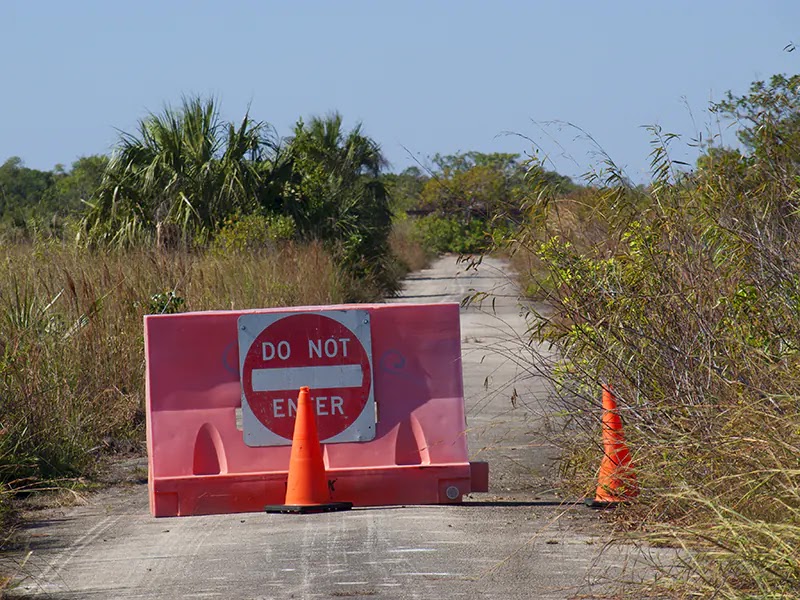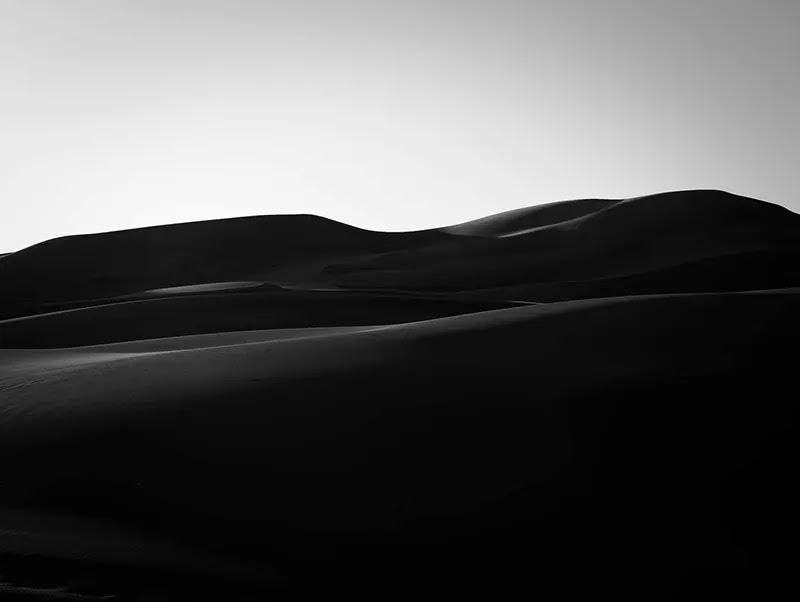Do you want to go RVing? Check this post first
Do you want to go RVing?
Well, hold aside dreams and fantasies for a minute and read and digest this post. It may save you time, money, and future worries. How do we know? Because we were there once and later "walked the walk" making mistakes throughout our "RVing career" that costed time and money. Let’s start from the beginning. Should we?

|
| Our truck camper in Ocala National Forest - License our images here. |
WHAT IS RVING?
Simple: It's camping in a vehicle converted for that
purpose. Those called "Recreational Vehicles", or for short: "RV". The short acronym covers all camping vehicles, from the gigantic motorhomes to the tiny teardrops. Only the camping tents are excluded.
And what about the reasons to go RVing? The question may look silly but looks are deceiving. There are many
reasons to go RVing, but there are many others for not going. All depends on your personality and tastes, your free time, your finances, and last but not least, your family.
Always remember this line:
Camping and RVing are not for everybody.
You need to know enough about yourself to avoid a clever seller tramping you in the purchase of an RV on the base of FOMO - fear of missing
out.
These are some reasons that come to mind for RVing. They can work alone or in combination.
- Cheap traveling and vacationing - a way to wander with your own room and kitchen.
- Reach and stay in places out of the beaten path - a escape from the crowded popular destinations.
- Adventuring and enjoying nature - for many folks, this motivation comes together with the previous one.
- The only way to own a home - this refers to those "full timers" for which an RV is their permanent residence.
There are as many reasons for RVing as people, but whatever is your interest, the important thing is to research to avoid "unforeseen surprises" and disappointments later in the RV journey. Learn as much as you can for free and remember that you only can eat an elephant a bite at a time, so be patient.
THE FIRST RV
Buying an RV is an exciting - and stressful - experience. But of course, you need an RV to go RVing, right? NO! You should try "the beast" before expending a dime on a vehicle. The RV is just a tool, not the end. The end is traveling and camping. The end is you having fun.
Why not go cheap first and try camping in tents and then, if you liked it, rent an RV and see how it goes. Maybe you loved the experiences but your family not. If you already bought an RV, you have a big problem and, maybe, a big debt - or both.
Another issue comes from not having enough free time for traveling. In those cases, our RV will seat collecting dust and weather damages in a boring parking lot. Besides, think about all the extra costs of buying: monthly payments to repay the loan, the cost of insurance, a place for storage, and maintenance. A lost cause. An RV is meant to be on the road. Rent as needed may be a less expensive option.
If renting before deciding to buy a unit is not your style, my suggestion is to skip the marketing hype and start small. I know that your level - or family level - of frugality, tolerance to discomfort, health conditions, financial situation, and how adventurous you all are will have a saying in the RV model you will choose to buy. But again, START SMALL and grow later. Small is cheaper and will help in your "RV education". You will learn about yourself and if your mind changes, will lose less money. After some experiences, you will be in a better position to choose what you want. Don't suffer the old boater's maxim in your RV adventure:
The two best days in a boat owner’s life are the day they buy a boat and the day they sell it.
TYPES OF RV
The "perfect" RV doesn't exist. Said that, these are the options:
- Class A: At the top of the RV food chain, these units mean space, luxury, and comfort. Built on the chassis of buses, they don't come cheap. Think of a small apartment on wheels - sometimes even better. Besides the cost, other drawbacks are that these motorhomes can't fit in every campground, the need to tow a smaller vehicle to go places, too much stuff to maintain, and probably, a high cost on insurance.
- Fifth wheels and big travel trailers: These are the best next thing if you shoot for space and comfort. They are less expensive that a Class A, but you need to add a towing vehicle matched to their weight - meaning, a powerful truck. Big trailers also can't fit everywhere. And if you don’t have experience towing and maneuvering long trailers, they can be cumbersome. The good part is that once you park your trailer in the campground, your towing vehicle is released and can be used to travel around.
- Class B: Here go all the campervans - including the converted cargo vans. The small size of these vehicles allows access to many places. The tradeoff is in space. Converting a cargo van for camping may save a ton of money. They are popular nowadays with the "van life" or "van dwelling" movements.
- Class C: These RV vehicles are built on the chassis of medium-sized trucks. They are a compromise between size and cost. Being smaller that the Class A and the big travel trailers, you can fit them in more places. The Class C is the backbone of most RV rental companies such as Cruise America and El Monte.
- Small travel trailers: Here we also need a truck for towing, but these trailers are smaller and easier to accommodate in most campgrounds. Some are very compact with collapsible roof - they are called pop-ups. Many of them use partial walls of vinyl.
- Truck campers: This is what we own. These camper shells are carried on pickup trucks and come in different sizes and weights. It’s important to match the camper to the load capabilities of your truck. A good thing is that you can unload the camper and release the pickup truck. Some truck campers are made with solid walls - called hard shells. Others are lighter and compact pop ups with sections of vinyl like our truck camper.
- Teardrops: This is the smaller thing to get before returning to a camping tent. They are cute tiny trailers that only offer a covered place to sleep and a small outdoor kitchen on the rear. They are easy to tow with most vehicles - including cars.
OUR RV JOURNEY
We are minimalists. For us, the simpler the better. We began with tents in the 1980s and this helped in our approach: not much is needed to be happy - after sleeping on beaches, caves, and on bared rocks, our small truck camper feels like a mansion.
We can see the beauty and comfort of big RV units, but access to places, mobility, and versatility are more important to us. That's why we chose one of the smallest and lightest truck campers in the market. Also, carrying too much robs the fun of the outdoors adding too many chores. Simplicity beats unneeded complexity. This is all about camping. We can’t take a house with us.
The funny part is that every year we carry less in our traveling shoebox - the model was called Finch and is discontinued. The camping journey taught us to separate needs from conveniences. We can't eliminate the needs, but we can cut on the conveniences. Our experiences always remind that,
It’s not what you own, it’s what you do with what you own.
When will our camping adventure end? There is no plan on sight. Life will tell. We've the soul of curious explorers and know that life is about experiences. Dying people never boast about money, success, or career. Family, love, and the fun side of life are better topics. The rving adventure have added good stuff in that direction.
This is the way the world ends. Not with a bang but a whimper.
We don’t like that ending. A whimper? For real? Nope. The plan is to keep the journey as long as we can. Let's try ending with a BANG and forget about the whimpers.
What's your plan?
(In 2023, we almost ended with a bang, but we are slowly getting back on our feet.)




Comments
Post a Comment